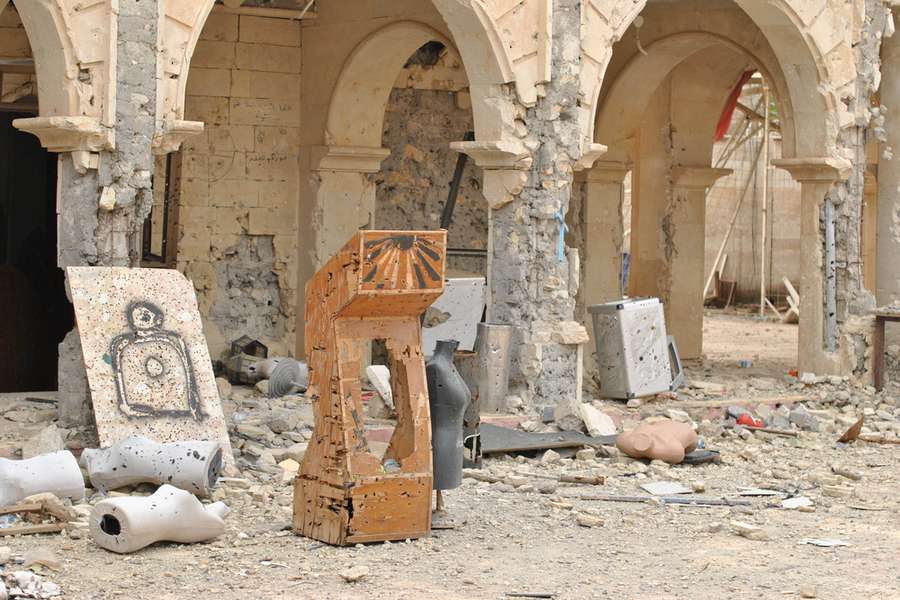The rebuilding of a Syriac Catholic church in Mosul, Iraq, destroyed by ISIS will begin soon, the UN’s heritage agency (UNESCO) has announced.
Al-Tahera church, in the old city of Mosul, was severely damaged after ISIS invaded the city in June of 2014.
Among numerous documented murders and other atrocities committed against Christians and other religious and ethnic minorities in the area, ISIS destroyed at least 28 significant religious sites in the city, one of which was the Al-Tahera church.
The church suffered extensive damage to its arcade and outer wall which must be rebuilt, as well as its remaining ceiling which will be demolished and reconstructed. Landmines inside the church will also have to be removed.
UNESCO announced in October that it was partnering with the United Arab Emirates to rebuild the church which was built in 1862. The partnership said that another church in the city, the Dominican Al-Saa’a church which dates to 1873, will also be rebuilt.
The reconstruction will be part of the agency-led “Revive the Spirit of Mosul” initiative. UNESCO says the reconstruction project will create jobs and provide further education, training, and experience for local young professionals and craftsmen.
The second largest city in Iraq, Mosul is the seat of two bishoprics in Iraq for the Chaldean Catholic and Syriac Catholic churches. Its Christian population fell from 35,000 in 2003 to only around 15,000 at the time of the ISIS invasion in 2014.
After the ISIS takeover of Mosul and the surrounding region, there were numerous reports of militants forcing Christians to convert to Islam, pay a tax, or be killed.
The Syriac Catholic Patriarch of Antioch estimated that ISIS killed 500 people in its conquest; thousands were killed during the ISIS occupation and nearly one million people fled the city.
In 2016, a report by the Knights of Columbus and In Defense of Christians documented accounts by victims or witnesses of killings, rapes, and girls and women being forced into sex slavery. A separate U.N. report said that ISIS had abducted 800 to 900 children in Mosul and subjected them to religious and military training.
In March of 2016, the U.S. Secretary of State Mike Pompeo said that ISIS was committing genocide against Christians, Yezidis, and Shi’a Muslims in Iraq and Syria.
ISIS was driven out of Mosul in 2017, but conditions in the city and in much of Northern Iraq remain tenuous for Christians.
Barely 40 Christians have returned to live in Mosul, according to Syriac Catholic priest Father Amanuel Adel Kloo, in an interview with Aid to the Church in Need (ACN) from July of 2019. Around 1,000 other Christians commute into the city to attend the University of Mosul by day, but they leave the city at night due to continued fears of insecurity, he said.
In an April, 2019, interview with ACN, Archbishop Petros Mouche of the Syriac-Catholic Archdiocese of Mosul expressed concern at a lack of funds to rebuild homes in the region and “very few initiatives” for jobs.
Source: catholicherald.co.uk






